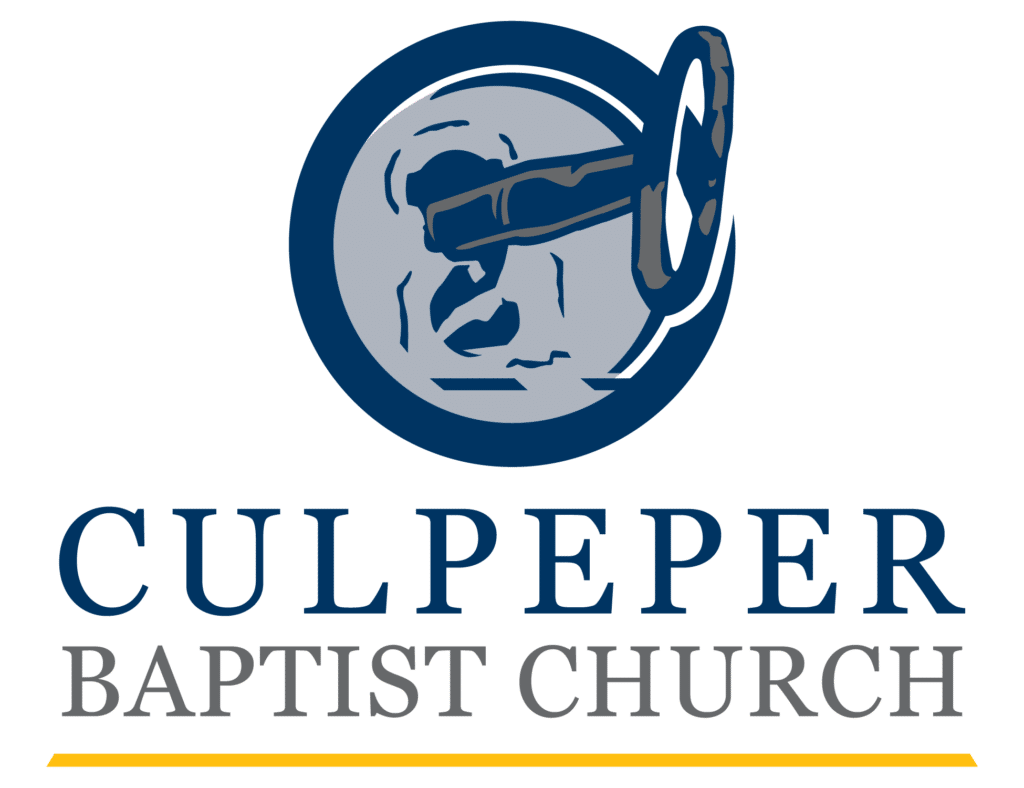The New Song
Before We Gather by Zach Hicks
| Scripture
Read Psalms 149
| Devotion
Scripture mentions singing a “new song” nine times. Five times, we are commanded to sing a new song (Pss. 33:3; 96:1; 98:1; 149:1; Isa. 42:10). Two times, the heavens are peeled back and the apostle John hears singing around God’s throne-a new song, an eternal song to Jesus, the Lamb who was slain (Rev. 5:9; 14:3). One time, the psalmist declares “I will sing a new song” as if it describes an act of the will in the face of suffering and opposition (Ps. 144:9). The final time is not something that we do for God but something that God does to us when he saves us: he puts a new song in our mouths (Ps. 40:3).
This ninefold scriptural witness gives us the strong impression that singing is really important. Singing is, in fact, eternal. Over the ages, the church has interpreted the idea of the new song with a wonderful and complementary variety, and those interpretations generally offer us three insights: first, we should sing new songs; second, we should sing old songs newly; third, singing new songs will be an eternal reality.
So first: singing new songs. It’s telling that the command to sing new songs is peppered throughout God’s only inspired songbook, the Psalms. It’s even more telling that at the end of the Psalms, in Psalm 149, the command is repeated, as if God is say- ing, “I’ve given you my songs; now continue what I’ve started. Write more.” Over the years, I’ve reflected as a pastor on just why it’s so important for churches to consistently incorporate new material and not merely recycle the old. New songs stoke a fire that tends always to grow cold. New songs are like new logs on a well-burning fire. They ensure the fire will keep on burning. God has wired us to be stirred by new sounds, new melodies, and new texts.
The command to sing new songs is a charge to the songwriters and poets in a congregation. Sure, the pastors, worship leaders, and music directors can find new songs from all the wonderful offerings being produced out there in Christ’s church-and we should. But there’s also a blessing in a church’s hearing from its pastors and its poets, Who best knows the hearts of the people? Who best knows just what song needs to be sung in this moment? The church’s own leaders! So go for it, leaders. The Spirit is with you.
Second: singing old songs newly. Some have rightly pointed out that replacing old songs with new songs isn’t the only way to be faithful to the new-song command. Sometimes the same logs just need to be stirred a little bit. Sometimes old songs take on new meanings in present circumstances. When my wife battled eye cancer and lost vision in her left eye, the ancient hymn “Be Thou My Vision” took on a whole new meaning for her, and believe me, it was a new song. Old songs can be sung newly because we never approach them from the same place. Life is evolutionary. We change; circumstances change. We grow; we shrivel. Some parts of us die. New parts of us spring forth. And all those changes mean that sometimes a new song is simply a song we’ve always sung, except now we are singing it in a new place. So let’s keep sing- ing those time-tested, faithful songs that the church has sung for generations.
Third: the new song as an eternal reality. Whether we’re singing brand-new songs or old songs newly, doing both of these things trains us for eternity. The apostle John, who wrote the book of Revelation, was aware of the language of the Psalms when it came to “new song,” and he therefore used that phrase to describe what he heard in heaven. When he heard the song to Jesus in Revelation 5. “Worthy are you to take the scroll… for you were slain, and by your blood you ransomed people for God from every tribe and language and people and nation,” he described it as a new song (Rev. 5:9-10). It’s as if he’s pointing out that the new song heralded in the Psalms and Isaiah drives toward the eternal song to Jesus. All new songs we sing are cosmically wrapped up in the heavenly Jesus song, surrounding that master song with thou- sands upon thousands of other overtures, other new songs.
As we sing to the Lord a new song, we train our muscles-our spiritual ones and our physical ones (because, don’t forget, we’ll have bodies on the other side of all of this)-for our eternal exist- ence. Sing boldly. Sing newly. Sing eternally. As we go to the Lord in prayer, aiming our sights today particularly on the sung portion. of our worship services, let’s ask the Holy Spirit to fill our music with all kinds of new presence and power (Eph. 5:18-19).
| Prayer
Aim your prayers in this direction:
- Pray that the Holy Spirit would stir the flames of newness in the old songs that you sing.
- Pray that the Holy Spirit would raise up fresh songs from and for your local body.
- Pray specifically for people who don’t sing, don’t see the value in singing, or feel hindered from singing- because they think they have a bad voice or because they’re suffering or because they’re simply making poor excuses. Pray that the Spirit would tenderly meet them and embolden them to receive the blessing of singing out.


